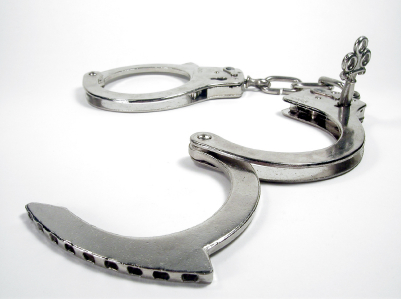Credit card fraud law establishes criminal penalties for the deceptive or unauthorized use of another person’s credit card account in an attempt to steal money, goods, or services. Washington state has several criminal laws that relate to credit and debit card fraud. Essentially these crimes fall into two categories. The first category relates to crimes when the credit card is physically present. The second category refers to crimes when the credit card isn’t physically present, but a victim’s credit card number is used without his/her consent.
“Card present” crimes are those in which the victim’s physical credit card has been stolen. This category also includes schemes to apply for new credit cards in the victim’s name, or to change the address on the victim’s account and then request replacement cards. No matter how it happens, the criminal comes into possession of the card itself, and then uses it for purchases or cash advances.
All other types of credit card fraud fall under the category of “card not present” crimes. As the name suggests, these schemes do not require the criminal to have the victim’s physical card, just the credit card number is enough. The fraud is accomplished by recording the credit card number and other identifying information so it can be used online, over the phone, or in some other way that does not require the card to be swiped at the point of sale. These types of crimes are typically prosecuted along with identity theft.
If you are a victim of credit card fraud, there are certain things you can do to protect yourself. Firstly, you should report the incident to a Law Enforcement Agency
A person who believes they are a victim of an identity theft or credit card fraud is encouraged to promptly report those facts to a law enforcement agency. In Washington a victim can report credit card fraud/identity theft to the Washington State Office of the Attorney General or a local law enforcement agency.
Secondly, its important to notify your credit card company immediately. Note the date, time and person to whom you reported the loss or theft. Once you report the loss or theft, you are not responsible for charges you didn’t authorize. Your maximum liability under federal law is $50 per card, It is t is important to contact the three major credit card bureaus: Experian, Equifax, and TransUnion.
Lastly, you should consider opting out of getting credit card offers in the mail by calling 1-888-567-8688 (1-888-5OPT-OUT). You’ll be asked to provide some personal information such as name, address and Social Security Number, but that information will be used only to process your request
If you or a loved one is in a bind as a result of a criminal charge, immediately contact a Seattle Criminal Attorney. A Criminal lawyer is not going to judge you, and understands that everyone makes mistakes. Hiring a Seattle Criminal Lawyer to help can – at a minimum – reduce penalties, and can help direct people on how to best deal with their criminal charge, and many times even get them dismissed. So it should go without saying that someone cited for a misdemeanor or felony should hire a qualified Seattle Criminal Lawyer as soon as possible. Criminal charges can cause havoc on a person’s personal and professional life. Anyone charged with a crime in Washington State should immediately seek the assistance of a seasoned Seattle Criminal Lawyer.


